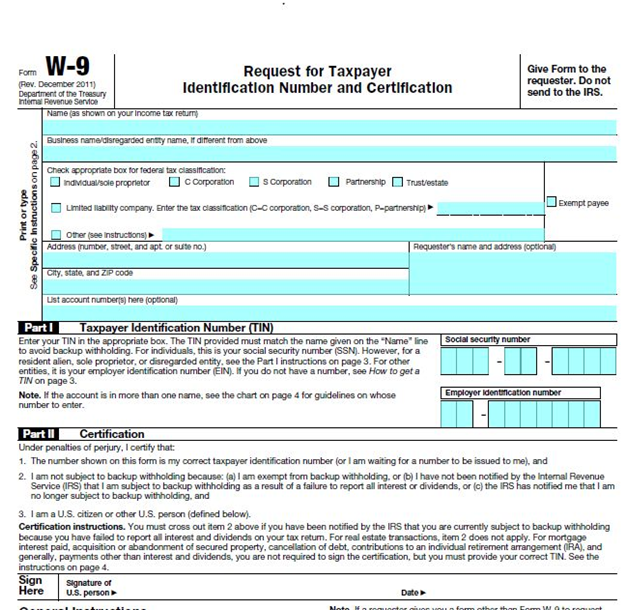If you receive a 1099MISC document in the mail, and there’s a dollar amount listed in box 7 for Non-employee compensation, the IRS treats that as self-employment income and you’re supposed to pay self-employment tax on that income. If you own your own business, that’s perfectly normal. By the way, I’ve got lots of blog posts and tax tips for self-employed folks on this web-site so be sure to check those out. I’ve got a list at the bottom.
But what if you’re not self employed? Really not self-employed. You’re stuck with a document that basically requires you to pay extra tax, what do you do?
First, only dollar amounts in box 7—count as non-employee compensation. If you received dollar amounts in box 1 for rents or box 3 “other income” you don’t have to worry about the extra self-employment tax. The rent goes on your Schedule E for rental income and the other goes on line 21 of your 1040.
But let’s get back to that non-employee compensation again. What did you do to earn that money? Is it in your field of work? If the answer is yes, then it’s going to count as self-employment income even if you don’t think of yourself as being self-employed.
I’m going to use my friend Rick as an example. He works for another tax company and he’s very good at what he does. Every year, Rick gets laid off on April 15th. My company stays open all year round and sometimes I’m super busy in September and October. I could probably use some extra help around then. If I hired Rick to help me with some tax returns, I’d give him a 1099MISC for the money I paid him and he’d have to report that as self employment income. Even though Rick normally works for another company, he’s still in the business of preparing taxes. The money I pay him for tax prep would definitely be considered self-employment income.
But let’s say I hire Rick to paint my office instead. Rick’s not a painter, he doesn’t do that as a business, he’s just helping me out because I need my office painted and I’m helping him out because he needs the money. We’re friends. Painting is not his line of work. So technically, he’s not self-employed and he shouldn’t have to pay self-employment tax on that income. It’s a one shot deal never to happen again. How do you account for that?
Well, it used to be that if you received a 1099MISC for non-employee compensation for under $1000 and you put that amount on line 21 of your 1040—the IRS would let that slide and not audit for self employment tax. But starting with 2013 tax returns, the IRS has announced that they will send notices to anyone with 1099MISC income (with non-employee compensation) on line 21 instead of putting it on a Schedule C—where it will be taxed with self-employment tax.
There’s no box to check or form to fill out with your 1040 to say, “Hey, I’m not self-employed! I shouldn’t have to pay self-employment tax!” So what do you do?
You’ve basically got two options:
One: Claim the income as business income and write off any and all expenses associated with the job. This is going to be the best choice for people who have expenses with a job like mileage or supplies.
Or, two: File your 1040, pay the self employment tax, and then file an amended return 1040X taking the income out of self employment and putting it on line 21 with the explanation that you are not self-employed and the income should not have been subject to self employment tax.
Why do this as an amendment instead of doing it that way the first time? Because the IRS has already announced that they are sending letters out to anyone who puts 1099MISC for non-employee compensation income on line 21. And they charge fines and penalties for underreporting your tax.
By filing and paying the self-employment tax first, then amending, you’re giving the IRS the opportunity to examine the situation and make a determination. You may win, you may lose. But if you win—the case is closed and they won’t come back at you. If you lose—it doesn’t matter. You already paid the tax and they can’t fault you. No harm, no foul.
Most people who receive a 1099MISC for non-employee compensation are going to be considered self-employed by IRS standards. You may as well file the schedule C with your tax return and pay the self-employment tax. If you think you might be an exception give us a call, we can help you sort out your options.



